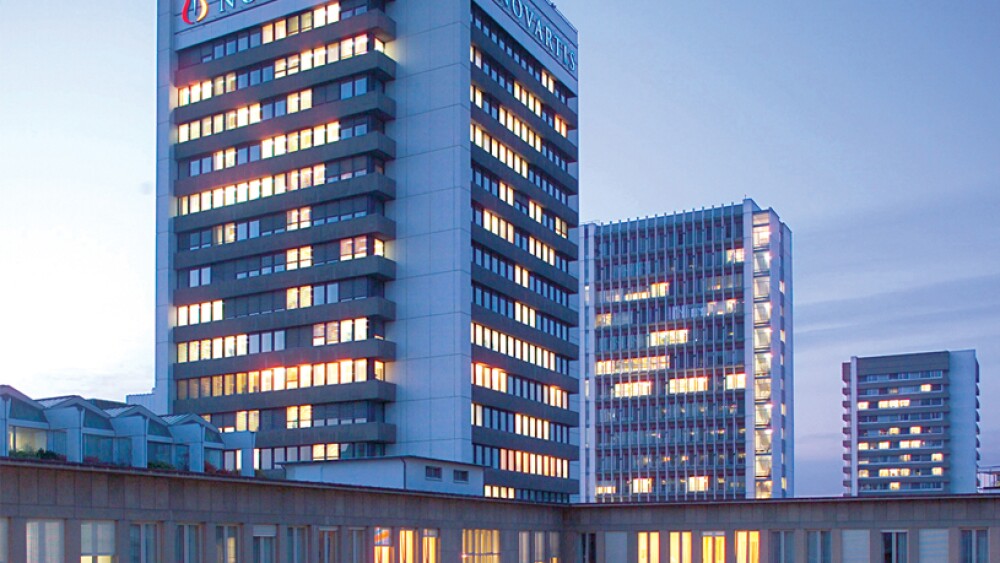August 12, 2016
By Alex Keown, BioSpace.com Breaking News Staff
SEOUL – Fallout for Novartis continues in South Korea after some executives have been charged with illegal kickbacks. Now the Swiss drugmaker faces the potential suspension of marketing some of its most popular medicines in that country, the Financial Times reported Thursday.
Prosecutors in South Korea have called for the government to suspend operations of Novartis’ Korea unit following allegations that six executives, including former Novartis Korea president Haksun Moon, provided more than $2 million in illegal kickbacks to physicians over a five year period, from 2011 to earlier this year. Such a ban is within South Korean law. Medical regulations in that country provide a six-month ban on a company’s products over illegal kickbacks, the Times noted. South Korean officials have acknowledged that kickback schemes between drug companies and prescribing physicians are not uncommon in that country. The government has been making strides in cracking down on the process, the Financial Times said.
Moon has been suspended from his position since April, StatNews reported earlier this week.
Not only have prosecutors urged a ban, but they have also sought to have the prices of some of Novartis’ medicines, those most commonly prescribed under the alleged kickback scheme, to be lowered—a process the country can do through the national health insurance program, the Times noted. Also, prosecutors are seeking to suspend the license of the physicians who participated in the alleged kickbacks.
In addition to the six former and current Novartis executives, six publishers of South Korean medical journals and 15 physicians were charged in the alleged kickback scheme. According to reports, Novartis used money to host sham events that were allegedly hosted by the medical publications. Novartis’ Korea division, the prosecution said, used the publications to provide funding for physicians to provide articles to the publications about Novartis drugs and also gave them funds disguised as attendance fees, the Korea Herald said.
Earlier this week a Novartis spokesperson acknowledged the allegations levelled against the Korean division, but said the company rejects the “implication that the alleged conduct was sanctioned by the most senior management of Novartis Korea.”
“This indictment pertains to actions taken by certain associates in Korea which are inconsistent with and not reflective of Novartis’s policies and culture,” the spokesperson for the Swiss drug company told StatNews in an earlier email.In another statement from Novartis Korea, the company acknowledged the charges and said they never “tolerate unfair practices and are implementing measures to amend the problems after an internal investigation,” according to the Financial Times.
As BioSpace has noted earlier, the South Korean allegations are hardly the first to be levelled at Novartis. In March, an anonymous whistleblower in Turkey accused the company of paying bribes to secure $85 million in business advantages in that country. Also in March, Novartis also agreed to pay $25 million to settle charges it violated China’s Foreign Corrupt Practices Act. The company was fined for allegedly bribing health care providers in that country to distribute its drugs.
Novartis is also facing allegations in the United States that the company hosted about 80,000 “sham” events in which the government maintains the drug company “wined and dined” doctors to prescribe the company’s cardiovascular drugs.





